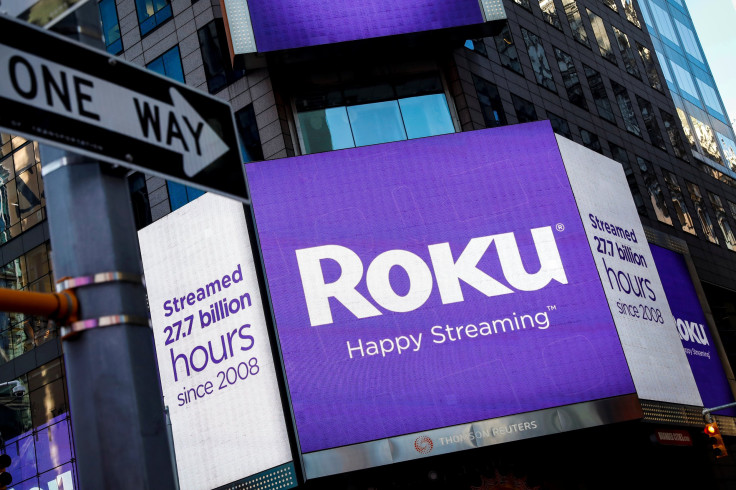Roku Is Expanding Its Advertising Reach

Roku (NASDAQ:ROKU) is getting into advertising in a big way. The company announced a new marketplace for OTT advertising this week, which utilizes Roku's unique viewer data to target advertisements.
Roku has some of the best user data for targeting advertisements that typically run on television, and it can produce significantly higher returns on investment for marketers looking to reach the streaming video audience than regular television ads. For example, Roku could run an ad targeting high-income families looking to buy a new car in a certain zip code. The company already displays some of these ads in the Roku Channel as well as some channels that partner with Roku to fill its ad inventory.
This article originally appeared in The Motley Fool.
The marketplace will extend Roku's advertising reach into big media companies' apps. AT&T's (NYSE:T) Turner networks have signed on, as have 21st Century Fox and Viacom. The marketplace allows media companies to experiment with Roku's ads without completely ceding control to Roku. For Roku, it could be a big win if it can prove its ads are worth more than the media companies sales teams typically take in from upfront ad sales and other national ad campaigns.
The Future Of Television Advertising
Roku isn't the only company working on developing a more modern ad marketplace for television ads. AT&T is developing one as well, leaning on its robust data from its wireless, home internet, and video services.
Marketers are continuing to shift their ad budgets away from television as they find better results from digital. But television advertisements still present a massive audience. Roku users spent an average of about 2.7 hours per day streaming media on their devices during the first quarter. The average American watches over three hours of television per day.
Finding a better way to monetize that time spent is something media companies and marketers have struggled with in recent years. Coupled with the fact that more and more people are cutting the cord and spending less time watching television in general, media companies need to find a way to maximize their revenue beyond increasing affiliate fees. AT&T, in particular, has a lot invested in the industry following its acquisitions of DirecTV and Time Warner (now WarnerMedia).
Is Roku Better Positioned Than AT&T?
AT&T has more video users than Roku (at least for now), and its newly acquired television networks reach far more households than Roku. It also has tons of data from over 100 million wireless subscribers.
But the one advantage Roku has over AT&T is that it's agnostic. In order for AT&T to create a successful ad marketplace, it needs to get other media companies and distributors on board. Roku has already proven capable of doing so, signing on three large media companies for the launch of its marketplace, including AT&T's Turner. AT&T could have trouble convincing Fox to join its marketplace if it successfully merges with another big media company (which seems to be the path it's going down).
Roku's position as a partner and not a competitor could make it more attractive to media companies. All else being equal, companies typically want to avoid putting money in their competitors' pockets.
Roku's ad platform is the next step for Roku to transform itself into a new kind of content distributor, not just a streaming device maker. And there are a lot more profits in the former than the latter.
Adam Levy has no position in any of the stocks mentioned. The Motley Fool has no position in any of the stocks mentioned. The Motley Fool has a disclosure policy.




















